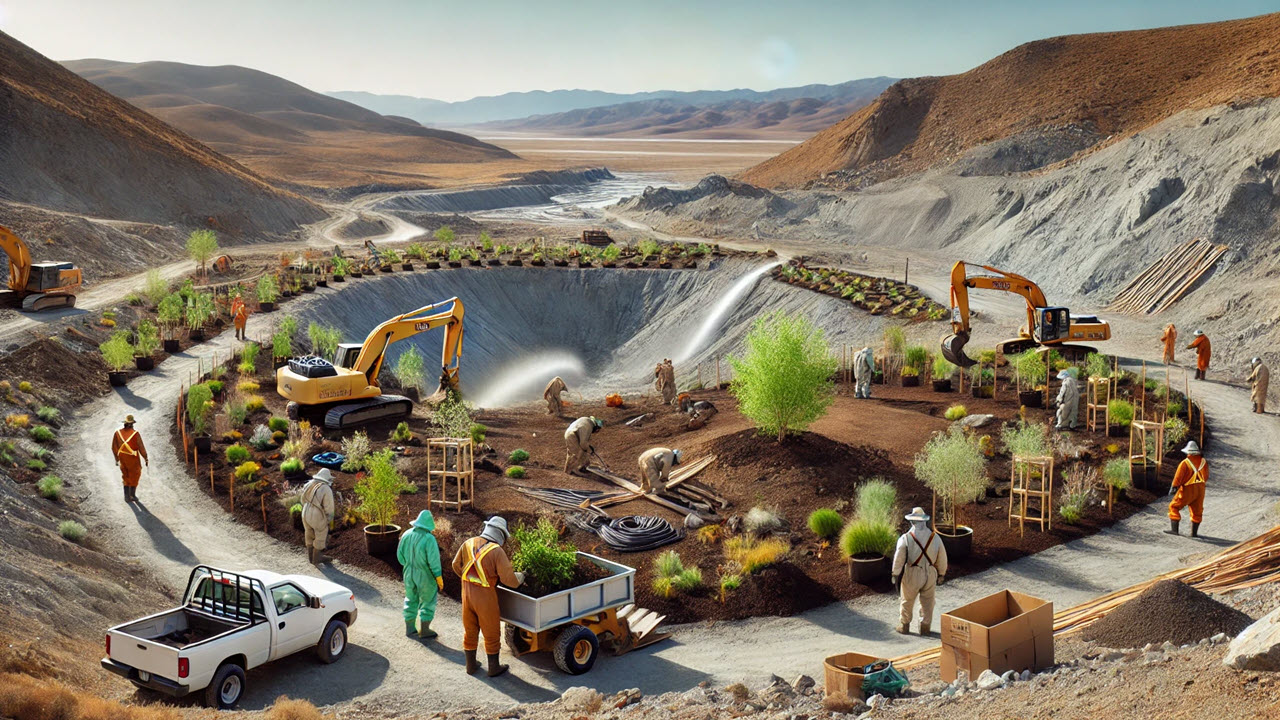
The following blog post is a summary of the article “EPA settles case with Hell’s Kitchen Geothermal over wetlands discharge impacting on Salton Sea” by Arturo Bojorquez, published in the Imperial Valley Press on October 19, 2024. To read the full article, click here.
The U.S. Environmental Protection Agency (EPA) has reached a settlement with Hell’s Kitchen Geothermal, LLC (HKG) due to their work on leased Imperial Irrigation District (IID) land that disrupted wetland areas connected to California’s Salton Sea. HKG’s dredging and ditching operations, as part of a lithium extraction and geothermal energy project, resulted in the discharge of materials into adjacent wetlands. This redirected their hydrology, resulting water flowing out of the wetlands and into the Salton Sea. Consequently, this has led to around 1,200 acres of wetlands losing their capacity to maintain ecological functions. Under the settlement, HKG is required to restore these affected wetlands to their original state.
The Salton Sea project, which encompasses geothermal energy production and lithium extraction, is part of a broader initiative aimed at supporting clean energy development. This project seeks to provide 49.9 MW of geothermal energy and produce 20,000 tons of lithium, essential for electric vehicle batteries. However, the project has faced environmental opposition, with groups like Comite Civico del Valle (CCV) arguing that the project’s Environmental Impact Report (EIR) is inadequate, failing to address issues like air quality, hazardous waste, and water supply impacts. HKG’s operations on approximately 2,000 acres of IID-owned land began in 2021, including the extension of drainage channels closer to the sea, resulting in material discharging into around 27 acres of wetlands. Further environmental concerns were raised when it became apparent that the wetland’s ability to hold water had been negatively impacted, as water flowed out of 1,200 acres of wetland and entered the Salton Sea.
CCV and Earthworks contend that Imperial County’s approval overlooked a deeply flawed environmental impact report that failed to analyze the impacts the proposed project would have on the air quality and water quality of the region. In addition, a detailed plan on what to do with the hazardous waste products created as a result of the lithium mining and geothermal energy harvesting was never discussed. Environmental groups argue that the project should not get a free pass simply because it is “green” in nature. This case has highlighted broader calls for effective oversight of clean energy projects. Experts emphasize that projects must balance renewable energy goals with stringent environmental protections to ensure the responsible management of resources like wetlands. Going forward, projects such as this one, even though the end goal would be to mitigate climate change, should operate with “adequate oversight and transparent monitoring” to avoid damaging important public natural resources.
